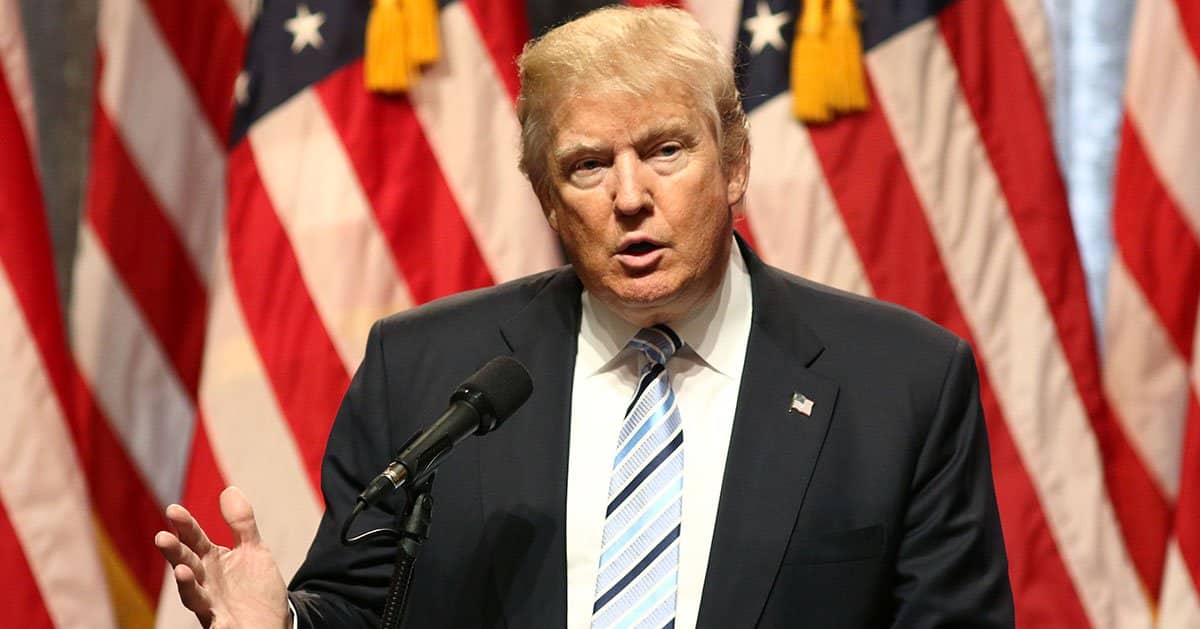



The Wall Street Journal is facing backlash for allegedly misrepresenting Vice President J.D. Vance's remarks in a headline that hinted he threatened Russia with military and economic force in negotiations concerning the Ukraine conflict.
The Daily Caller reported that the article's portrayal was proven inaccurate when an interview transcript revealed Vance's assertion that President Trump's administration is keeping all negotiation options open.
On Friday, the Wall Street Journal published an article that provoked a strong reaction from Vance's office after the paper allegedly contorted his comments about the Russia-Ukraine situation.
The headline suggested that Vance had issued a direct threat of military and economic action against Moscow should Russian President Vladimir Putin refuse a peace deal that secures Kyiv's independence.
However, Vance’s words painted a different picture. According to the Vice President, the comments attributed to him misrepresented his stance. He claimed that rather than issuing threats, he emphasized that President Trump would consider all available avenues to achieve a diplomatic resolution to the conflict.
William Martin, Vance's communications director, was swift in his response, accusing the Wall Street Journal of spreading misinformation.
Martin reinforced that Vance had not made any threats but rather underlined the importance of keeping every option available for President Trump as negotiations proceed. He characterized the WSJ's publication as “pure fake news.”
Images of the interview transcript circulated by Martin backed up his claim. The documentation presented Vance's remarks in a less aggressive light than what was initially portrayed by the Wall Street Journal’s headline. The transcript indicated that WSJ’s depiction had been exaggerated.
The WSJ later released the full transcript of the interview, which further validated the claims from Vance's side. In the full transcript, Vance engaged in dialogue with the WSJ about the current geopolitical tensions, discussing various instruments of pressure.
When addressing a question from WSJ regarding potential measures against Russia, Vance responded by acknowledging that a deal would inherently contain some pressure elements. His remarks highlighted the extensive range of economic and military tools available without specifically advocating their immediate use.
J.D. Vance criticized the Wall Street Journal for its portrayal, suggesting that the publication might have an agenda advocating for American military involvement in international conflicts.
Additionally, Vance stressed that President Trump desires meaningful negotiations with both Putin and Zelensky that are not predicated on predetermined threats.
In his interview, Vance elaborated on the strategic latitude President Trump is maintaining. He noted that a broad arsenal of tools exists, from economic to military, and emphasized the importance of productive negotiations over confrontational rhetoric.
Vance asserted that prior to any negotiation, all options remain on the table to ensure that a comprehensive and lasting solution can be reached.
Furthermore, Vance touched on President Trump’s clear stance against incorporating Ukraine into NATO. He pointed out that Trump’s transparency regarding his positions paves the way for a negotiation environment where all parties can engage on equal footing.
The discussion on negotiations underscored the importance of not sidelining any potential strategy that could lead to a successful agreement.
Vance reiterated that such an open-ended approach does not amount to threats; rather, it provides flexibility in an unpredictable international environment.
Commentary on the Wall Street Journal's article emphasized the need for media outlets to ensure accurate representation of public figures' statements. Especially when dealing with global conflict issues, precision in media reporting is crucial to public understanding and geopolitical stability.



